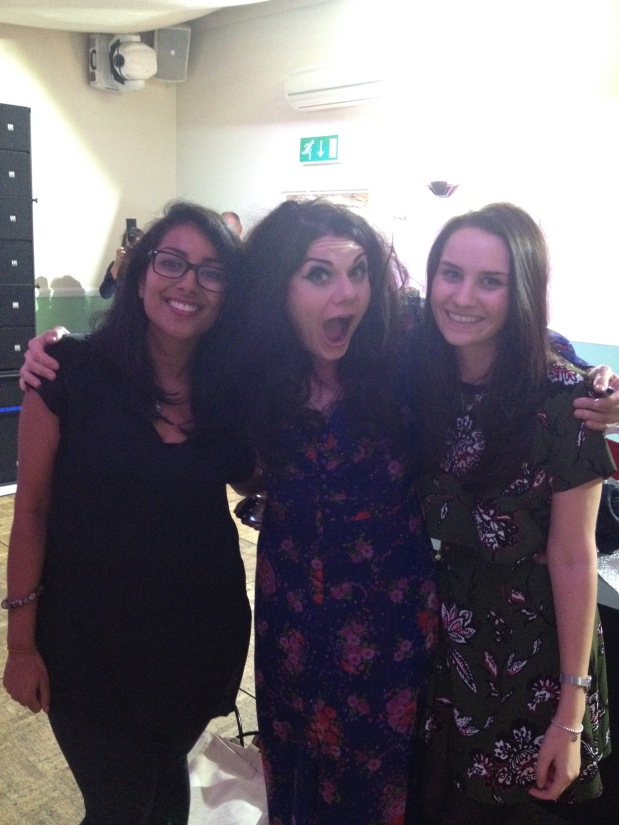Today is International Women’s Day.
I woke up this morning with a sense of deflation. Today, we are recognising women from around the world – Our collective achievements and the progess of society. Individuals who inspire us and key moments in gender equality history. I have many women in my own life who inspire me everyday. However, I woke up feeling that we still have such a long way to go if we still have a need for IWD. This deflated me. I couldn’t see past this fundamental truth. I did not feel empowered.
When you assess the progress for gender equality across the World, we have had some extremely substantial policy upgrades in the last few decades. From the UK equal pay act in 1970 to the outlawing of FGM in Nigeria, just recently. On the other hand, in India, the law doesn’t recognise or criminalise marital rape, whilst In the US, Planned Parenthood clinics keep closing. These are epic fails in our fight for equality. Even when policy is changing for the good, things aren’t actually improving at the same pace. Women still get paid less. Girls still get cut. Rules change but culture prevails.I find it extremely hard to see any progress at more than face value and this has become exhausting.
However, on International Women’s Day, I was reminded that it simply isn’t acceptable to think this way by none other than kindred feminist Spirit, Caitlin Moran. Caitlin headlined at the Southbank WOW festival in London, and through her reading and discussion of her new book Moranifesto, inspired a room full of Londoners with her witty banter and epic muppet face.
However it wasn’t her clever puns and naughty humour which changed my thinking today. It was something specific she said at a moment so perfect, it was as if she overheard the voice inside my head, interruped me and directly answered back without a moment of hesitation.
“I simply cannot afford to be pessimistic,” She said. “Wouldn’t it be nice to have the luxury of being able to say ‘oh, things are shit, oh well.’? But as a woman or a person of colour we cannot afford this. We have to be optimistic. We don’t have the option. If we want to see the change then we have to believe it can happen. Being optimistic is a political choice.”
Although somewhat paraphrased (as this brain of mine is still buzzing from the last few hours of Morantertainment), this statement really struck a chord with me. How can I be a feminist and pessimistic? How can I feel this and then commit myself to ‘being the change’. The two cannot co-exist. I am a woman and a person of colour. It would be self-defeating to set about to improve the situation for myself and others but then not believe that things can really change. Being optimistic is not just a political choice, it’s my responsibility.
As always, watching Caitlin Moran talk was an emotional rollercoaster. I have regularly had tears in my eyes from laughing and being sad at the exact same time whilst reading her Times Magazine column. Today, I want to thank Caitlin for giving me more than that weekly ride; I want to thank her for reminding me that it is our responsibility to be optimistic in our pursuit of equality. This is how you can ‘Be The Change’.
Happy International Women’s Day.
Over & Out.
P.s the picture is from a previous book signing where I met Caitlin and pretty much fan-girled the whole time. Worth it.


 Alas, this ‘palava’ occurs almost daily, especially as I enter the world of work. Just this morning, a man opened the door and signaled me to enter first. I declined and said ‘oh no, after you!’ but he insisted and I yielded. Furthermore, my brother would shave his sideburns before allowing me to carry my own suitcase, and believe me, he loves his sideburns…
Alas, this ‘palava’ occurs almost daily, especially as I enter the world of work. Just this morning, a man opened the door and signaled me to enter first. I declined and said ‘oh no, after you!’ but he insisted and I yielded. Furthermore, my brother would shave his sideburns before allowing me to carry my own suitcase, and believe me, he loves his sideburns…